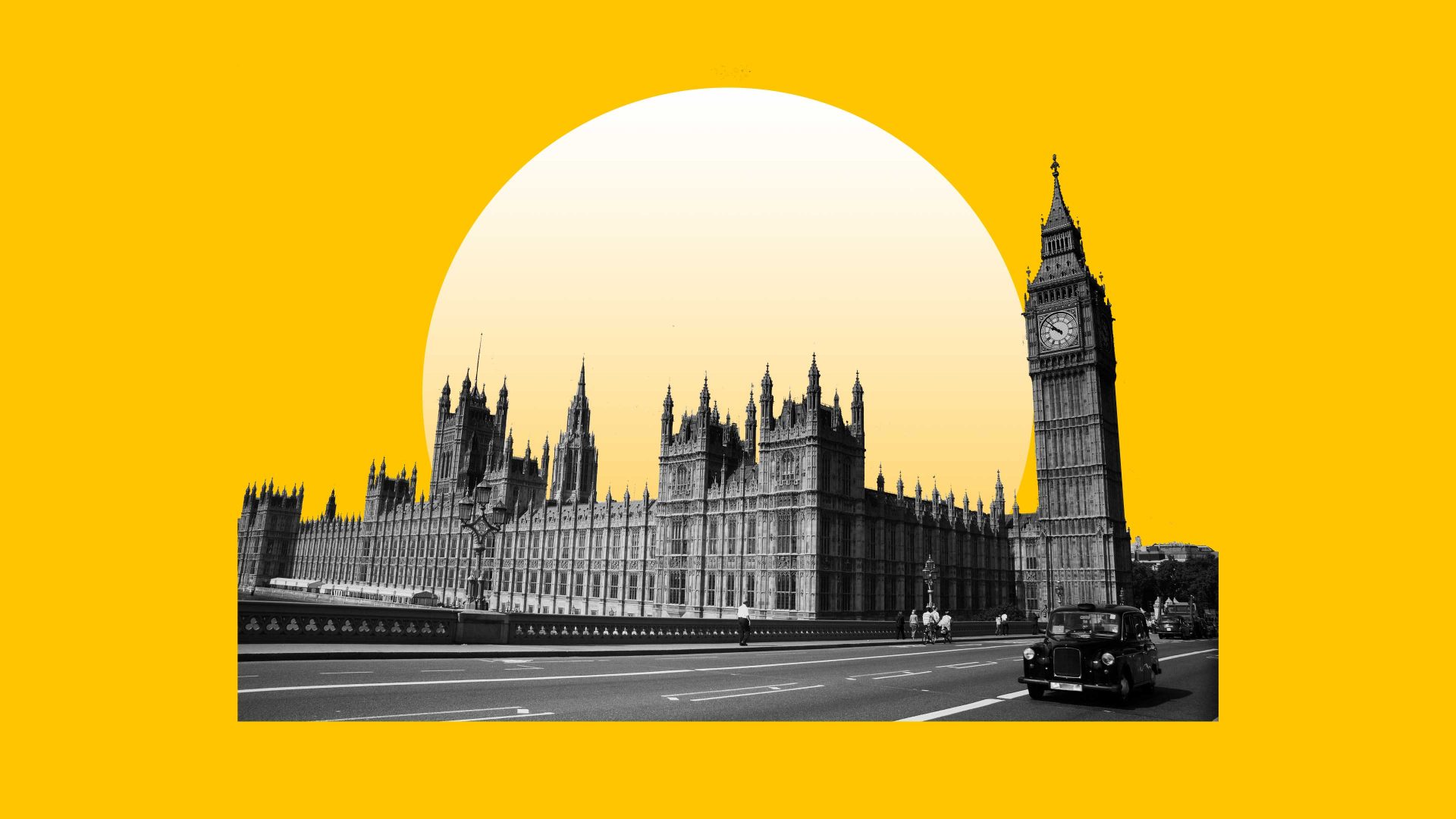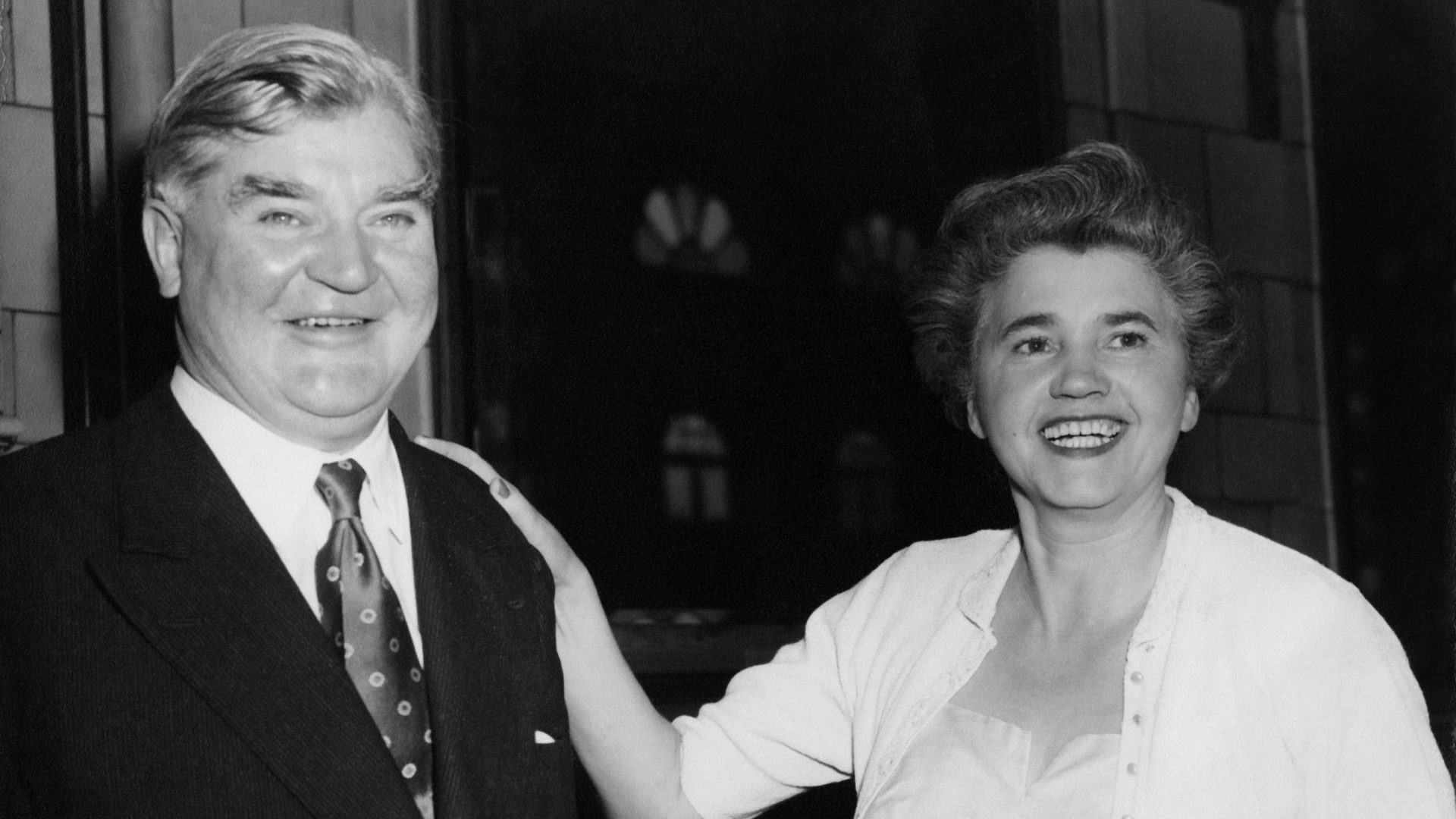Just imagine, if you can, a session of Prime Minister’s Questions in which information was requested and genuinely supplied. It is so far from reality it seems almost impossible. But should the votes that are about to be counted give the expected overwhelming victory to Keir Starmer and his reshaped Labour Party, then it might be not just the government that is altered: the political discourse itself would have a chance to change for the better.
The voluntary mass exodus from parliament ahead of the election is not only an eloquent statement by the Tory MPs who are bailing out. It is also an opportunity for a new parliament, one with a very different character, to focus less on point scoring and more on the needs of the country.
Many of the people standing for election have direct experience of government at local level: they know that grand statements and promises count for nothing when the authority fails to deliver on housing or social care. They are overwhelmingly Labour candidates but, if elected, would it be unreasonable to hope they would be working for the country as a whole?
There is now in the UK a deep-rooted feeling that the political classes have no care for the people and are interested only in themselves. Partygate fuelled that perception, and the revelations over gambling have only exacerbated it further. The good news is that on July 5, many newly elected MPs should be preparing to start work in Westminster.
It seems most likely that Starmer will be the UK’s next prime minister and the Conservatives will be a much-reduced presence in the House of Commons. Should the Liberal Democrats manage to achieve an equivalent showing, then the dynamics of debate really could change for the better.
As for Reform, it will be a negligible presence in the new parliament. That will not stop Nigel Farage making a huge amount of noise – but a wise government should ignore him.
Even with Farage screeching from the sidelines, or even the backbenches, there will be a wonderful opportunity for the government to move away from the adversarial approach that has contaminated it, to a more consensual, grown-up way of conducting itself. It might then be able to confront some of the country’s more pressing problems.
For instance, the numerous debates and interviews in the run-up to election day yielded no real information about how either the Conservative or Labour parties would deal with one of the most difficult questions of all: social care.
A perfectly reasonable suggestion put forward by Theresa May about how to solve that problem was dubbed a “death tax” by her opponents, and precipitated her downfall. Maybe a grown-up government would dare to venture back into that territory and, with the benefit of a more realistic House of Commons, have a sensible debate about how the country is to cope with this crucial issue.
Given how brutal politics has become, with social media enabling, if not encouraging, appalling attacks on politicians, it seems surprising that anyone should put themselves forward for public office. That some talented – and brave – people do, is remarkable.
If they can bring that mindset into Westminster, it would be welcome.
It was May 2010 when Conservative premier David Cameron and Lib Dem leader Nick Clegg gave a press conference in the rose garden of No 10 to laud the coalition agreement they had just signed. This marriage of convenience served the public well and many reflect that, in their lifetime, it was the period of government with which they felt most comfortable. The Lib Dems, though, are understandably bruised and bitter about the experience because, at the next general election, the Conservatives turned on their coalition partners and set out to kill them.
But now is the time to bury old feuds. The new Commons could change the dynamics of debate. It will have a membership which, judging by the local manifestos, understands the concerns and needs of its voters. Most of the divisive far right Tories will be booted out, though few are even putting up a fight against Reform. If Labour has secured its expected majority, then there is an opportunity to reset politics in the UK.
The adversarial system has clearly not delivered what the country needs. The UK may not be ready to embrace proportional representation, but there has to be something better than the juvenile name-calling and insults that have come to characterise our way of government.




